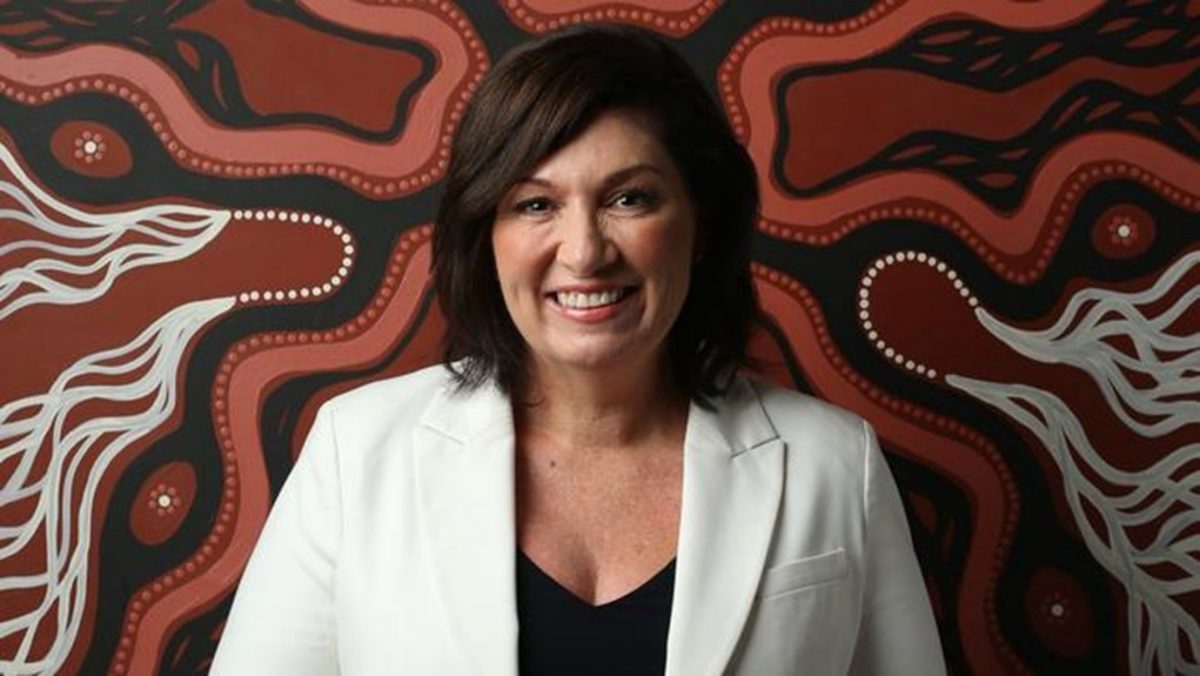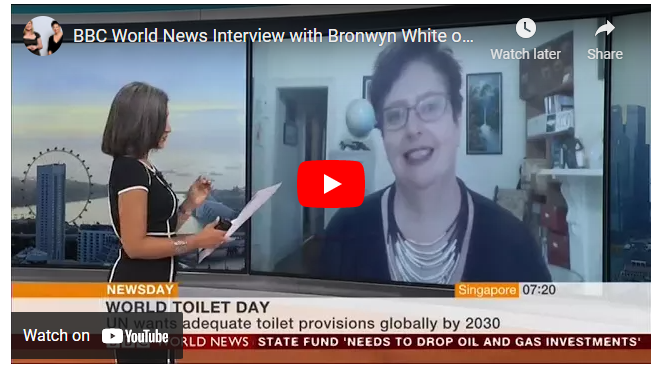Recently I had the opportunity to attend a very interesting webinar with Bronwyn White, who has been researching Baby Boomers for the last 20 years.
There were some very interesting insights from the webinar which focused on Marketing to Baby Boomers and I thought I would share just a few. She found that:
- 80% of Baby Boomers feel like they’re being ignored or they’re invisible;
- 94% dislike the messaging tone or words used to describe them or entice them;
- 25% of Boomers hold onto 56% of Australia’s wealth, and
- 85% of females influence all decision making in homes across Australia and cautioned us to think about the influence Boomer women maybe having on their children’s and parents purchasing decisions.
Bronwyn said there was strong evidence that family is paramount to the boomer and shared the importance of including dialogue and photography that included family when marketing to the boomer.
But one of the most interesting things to me was that she indicated that the research showed most Boomers aren’t done yet! In fact, they see themselves as having Unfinished Business!
Some want to start a new business, complete a PhD, live overseas and experience a different culture. Essentially, they are still searching for purpose, significance and the ability to continue to grow, learn and be adventurous.
Bronwyn made a throwaway line “will we be seeing incubator sessions in villages” ….
This is an interesting proposition, but whether we will or we won’t see incubator sessions in villages is to be debated.
Those of us with a larger number of Boomers in our villages are certainly seeing that the desire for activities, engagement and entertainment is high, with many residents still engaged in external activities such as existing businesses, holding board positions, volunteering, and contributing interest groups.
It begs the question, how villages will support/facilitate the continuation of these activities as the Boomer ages and it becomes harder to participate, contribute, travel and get to entertainment activities?




